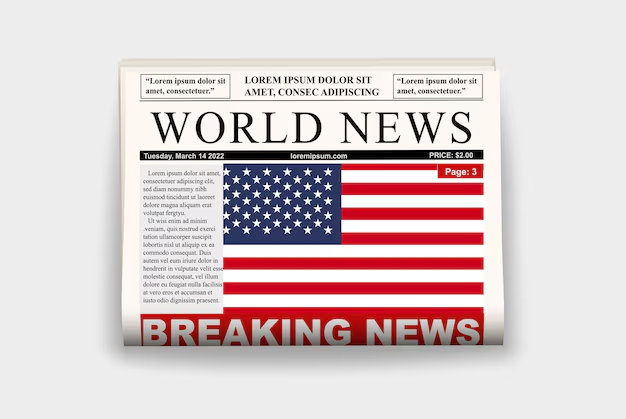Mass Resignations Rock the CDC Amid “Weaponization” Claims U.S.A News
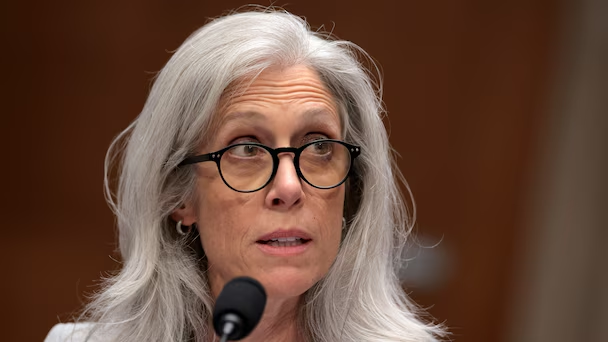
A major upheaval struck the U.S. Centers for Disease Control and Prevention (CDC) as multiple top officials stepped down in protest. This follows the abrupt ousting of Director Susan Monarez—just confirmed recently—amid reported clashes with Health Secretary Robert F. Kennedy Jr. over COVID-19 vaccine strategies. Resignations from Dr. Debra Houry, Dr. Daniel Jernigan, and Dr. Demetre Daskalakis cited increasing political interference and what they described as the “weaponization of public health.”
These departures raise serious concerns about the future of national disease response and public trust. Observers worry that political priorities may be overshadowing scientific judgment at an institution tasked with safeguarding public health.
Tragedy at Minneapolis School: 2 Children Dead, Many Injured
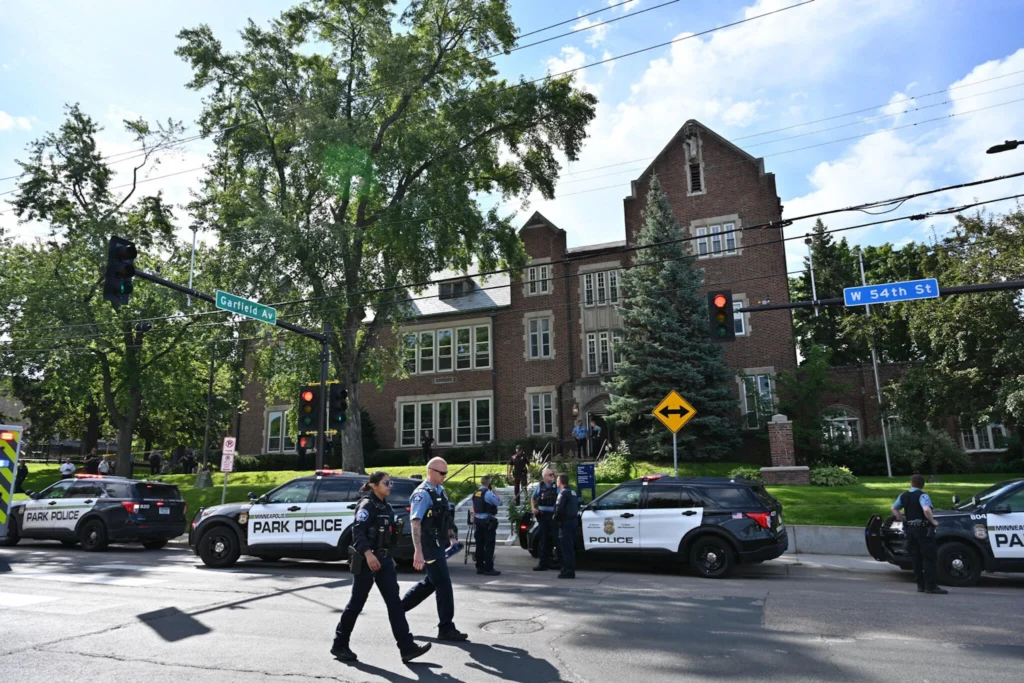
In Minneapolis, a horrific shooting at a Catholic school left two children dead and seventeen others injured. Law enforcement is treating the incident as a potential act of terrorism.
The community has responded with shock and mourning. Local officials have vowed support for affected families and pledged a full investigation. The tragedy underscores continuing concerns over school safety and gun violence — issues that remain hotly debated at both the local and federal levels.
Trump Administration Slaps 50% Tariff on Indian Imports
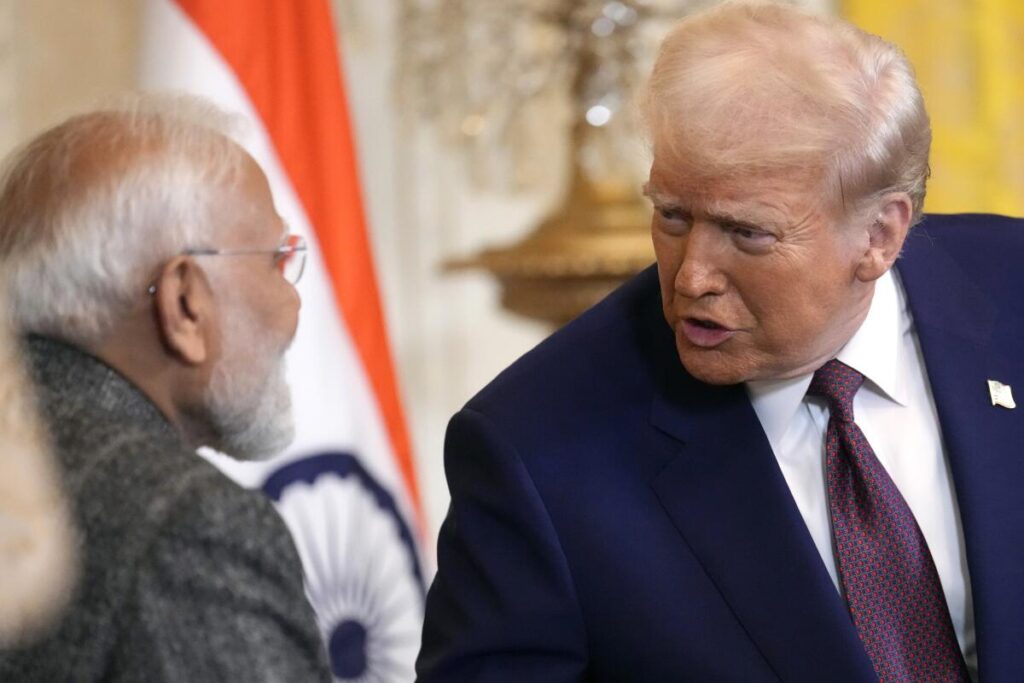
A sweeping new 50% tariff on imports from India went into effect, targeting New Delhi’s purchase of Russian oil — a move described as retribution. President Trump framed the decision as necessary for national security, arguing India’s actions indirectly funnel funds supporting the Ukraine war.
Critics argue the tariffs are self-damaging, potentially hurting bilateral relations and leading to steep costs for American consumers of Indian goods. Some experts have called the move an “own goal,” warning of broader economic and diplomatic fallout.
Stricter Visa Restrictions Proposed for Foreign Students and Journalists
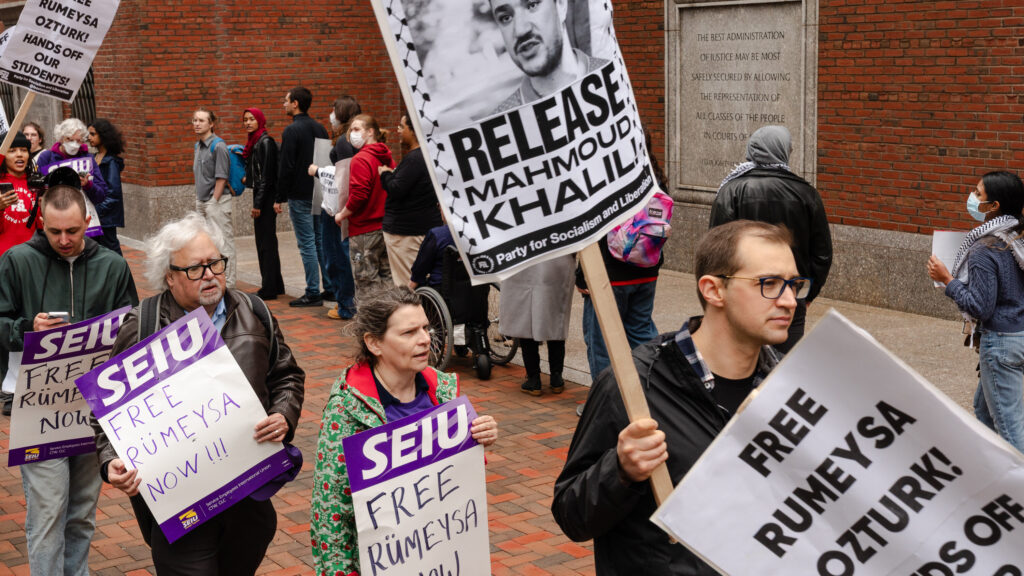
In one of the administration’s latest immigration policy rollouts, proposed regulations would cap the duration of student visas at four years, while journalists would be limited to 240-day stays, extendable only in 240-day increments. Previously, these visa durations typically matched the length of academic programs or reporting assignments.
Supporters frame the policy as eliminating indefinite stays and protecting domestic interests. However, higher education leaders have pushed back, warning such rules could hamper U.S. institutions’ ability to attract global talent. They argue international students contributed over $50 billion to the U.S. economy in 2023 and are vital for research and innovation.
Tensions Rise as Denmark Summons U.S. Envoy Over Greenland Interference
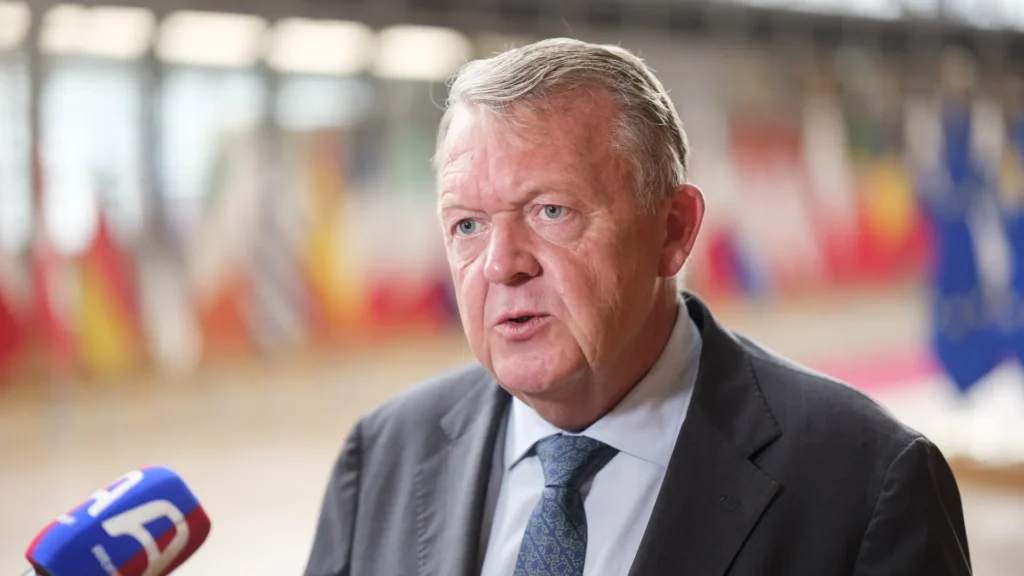
Denmark has formally summoned the top U.S. diplomat, responding to allegations that individuals linked to Trump were conducting covert influence efforts in Greenland. The diplomatic move signals growing alarm in Copenhagen over possible political meddling in the Arctic region.
This incident reflects the strategic importance of Greenland—rich in minerals and geographically key amid increasing global interest in the Arctic—and illustrates friction in U.S.–Nordic relations.
Expanded Military Deployments Spark Legal and Political Debate

Amid rising tensions, federal authorities have deployed National Guard troops to Democratic-led cities including Los Angeles, Washington, D.C., and are considering further deployments to Chicago, New York, San Francisco, and others. The stated goals: tackling crime, homelessness, and undocumented immigration.
Yet the deployments are drawing sharp criticism from city leaders, who argue the move oversteps federal authority and violates the Posse Comitatus Act — a law that limits military involvement in domestic policing. Legal experts and politicians warn of constitutional risks and accuse the administration of political targeting.
Summary: Turmoil and Transformation Across U.S. Institutions
From public health to education, immigration, and international diplomacy, today’s U.S. headlines illustrate deep flashpoints across government and society. Whether it’s the unraveling of CDC leadership or sweeping tariff policies, these shifts frame a nation wrestling with crisis—real and perceived. The convergence of internal unrest and international tension marks a critical juncture for both policymakers and citizens.
